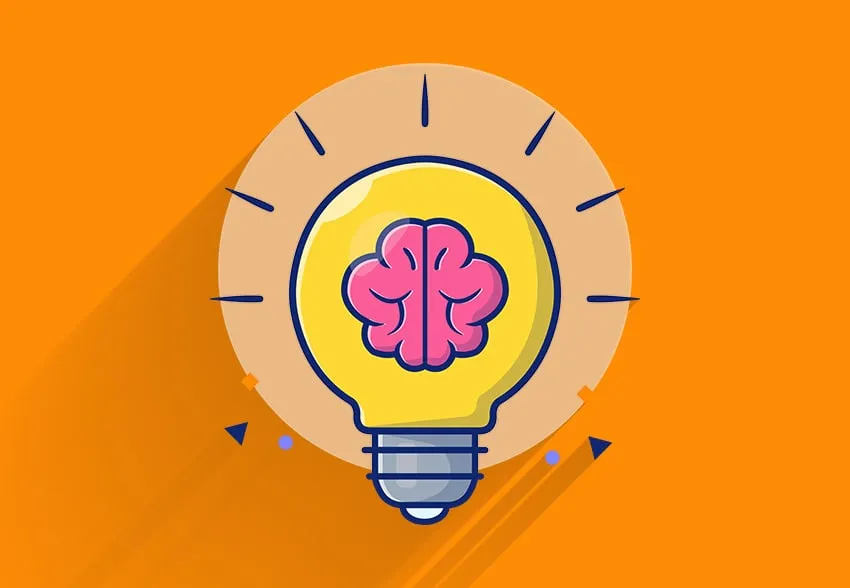It might never have crossed your mind that the small organ inside your head — the brain — functions as a highly efficient power generator around the clock. Yes, the human brain produces enough electrical energy to power a small light bulb, and that astonishing scientific fact invites us to reflect deeply on the complexity of the human body and its ability to generate energy.
The brain is made up of approximately 86 billion neurons, and each of these cells communicates with others through precise electrical signals known as neural impulses. These impulses, constantly active during thinking, emotions, and bodily control, produce tiny electrical currents. Yet together, they generate a significant level of electrical activity by biological standards.
Scientists estimate that the brain, while functioning, can generate up to 20 watts of electricity — enough to power a small desk lamp. This number might seem modest, but it becomes truly impressive when you realize that the brain makes up only about 2% of the body’s weight, yet it consumes nearly 20% of the body’s total energy each day!
What’s even more remarkable is that this energy is generated continuously, even during sleep. That’s right — your brain never truly sleeps. It stays active day and night, managing vital functions like breathing, heart rate, and even your dreams.
This fascinating fact serves as a powerful and humbling reminder: within each of us lies a silent, tireless generator — working endlessly, just so your thoughts, awareness, and life itself can keep going.
